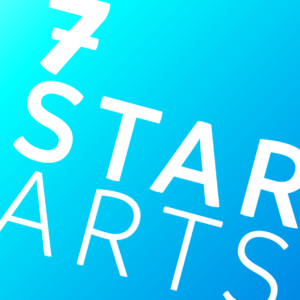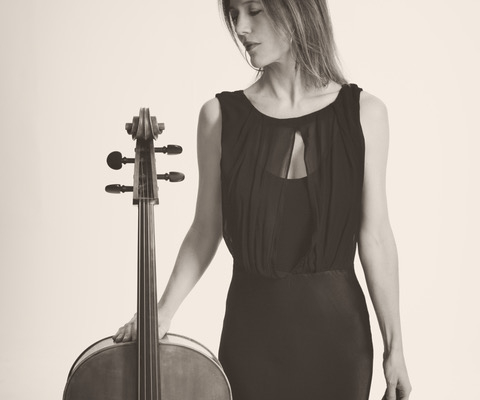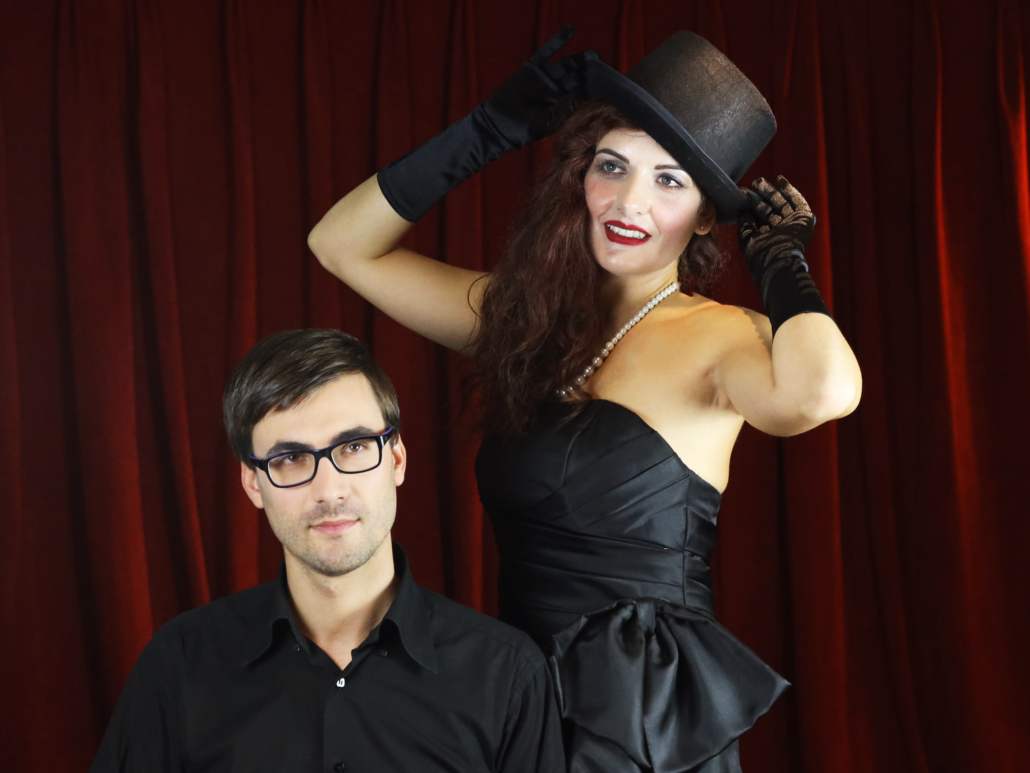“At the moment I am obsessed with Beethoven…” – interview with cellist Clare O’Connell
Ahead of her concert with pianist Viv McLean at Café Yukari, near to Kew Gardens, on 28th April, we caught up with cellist Clare O’Connell to find out more about her musical life, her influences, and what provides inspiration for her offstage…..
Who or what inspired you to pursue a career in music and who or what have been the most important influences on your musical life and career?
I have always loved music. Singing and playing the piano and the cello as a child was part of how I defined myself, and the community of people I met and loved playing in my county youth orchestras and playing chamber music made me realise that I wanted to pursue a life dedicated to expressing myself through music.
My teacher Alexander Kok’s passion for seeking truth in music was a major influence on me, but the musicians who have influenced me the most are those I have worked closely with over the years – my great friends and collaborators who by their brilliance, imagination and bravery inspired me to challenge myself.
What have been the greatest challenges of your career so far?
The greatest challenge of my career has been in learning to understand myself and combat tension, fear and self sabotage.
Which performances/recordings are you most proud of?
I’m really proud of my ‘Isolated Cellist’ album which I made during the lockdown in 2020. All the pieces are my arrangements, except one stunning piece by Alex Mills, which I’ll be performing a few times over the summer.
Which particular works/composers do you think you perform best?
Those that I love with a passion. You have to love and believe in what you perform, I think.
At the moment I am obsessed with Beethoven, and the works of Edmund Finnis which are stunningly spare and yet express so much.
I’ve also just commissioned a new piece from the wonderful composer Nick Martin, which I’m COMPLETELY in love with. It’s called ‘Vocalise’, and builds a simple Ukrainian folk tune into a mass of incredibly moving cello lines piled up on top of each other.
Commissioning and celebrating the work of living composers is so important.
What do you do off stage that provides inspiration on stage?
I read a lot and talk to my colleagues. It’s important to me to have a real connection with the people I play with. I love visiting art galleries and I’ve started making an effort to go to concerts again – the last one I went to, the latest in Freya Waley Cohen and William Marsey’s amazing Listenpony series, introduced me to some extraordinary new music.
How do you make your repertoire choices from season to season?
I like to choose whatever it is I feel most passionate about, whatever is inspiring me, and what feels relevant. I also like to mix it up and keep it as stimulating, refreshing and varied as possible.
Do you have a favourite concert venue to perform in and why?
My favourite audience to play to is the one I built up in Berkhamsted where I live – my Behind the Mirror series audience. They are so loyal and such lovely people. It feels like a community.
What do you feel needs to be done to grow classical music’s audiences?
I feel that we need to work on getting our potential audience to trust us more, and then to keep them guessing and surprising them with new music, new juxtapositions and provoking thought with idea led programmes.
I want audiences to feel excited at the prospect of going to concerts where they might not quite know what will happen next, or how a piece might be presented.
We need to be really imaginative and then to back that up with beautifully executed and passionately committed performances.
What is your most memorable concert experience?
One of the most memorable concert s for me was Chroma’s debut performance at the Purcell Room back in 2000 – it was my first recital in that space playing with musicians I really looked up to. I was extra nervous but somehow managed to lose myself in the music and play to a level I could only achieve by jumping off a cliff. I remember how it felt vividly.
As a musician, what is your definition of success?
It is very difficult to be a musician these days. So many compromises need to be made, and the odds are stacked against us at the moment with Brexit making travel so difficult and streaming limiting our ability to make money out of our recordings.
I think if you are able as a musician to sustain yourself and live a happy balanced life doing the work that feeds you to the best of your ability without having to compromise your vision, then you are on the road to achieving success.
What advice would you give to young/aspiring musicians?
Research! Read and learn as much as you can around your musical projects and ideas.
Find out what you want and go for it.
Don’t stop questioning, practising aspiring – try not to get too comfortable!
What’s the one thing in the music industry we’re not talking about which you think we should be?
I think the music industry has so much covered these days diversity, inclusivity and so many new groups and organisations to promote marginalised musicians – we are looking at it all the time on social media.
I think the constant need to be seen being BUSY needs to be addressed. And the way that that consumes time which we could be devoting to our creativity. The fact that it is demanded of us by funding bodies is particularly damaging because it puts the focus in the wrong place. On pleasing our audience to get more likes, rather than creating something deep and new and challenging for the sake of it alone.
I also wonder if this incessant awareness of what everyone else is doing is actually stifling variety in our creative output.
We need space away from the noise to feed our inner creativity.
What is your most treasured possession?
My imagination
Beethoven at Café Yukari with Clare O’Connell & Viv McLean, Thursday 28th April at 8.30pm.


